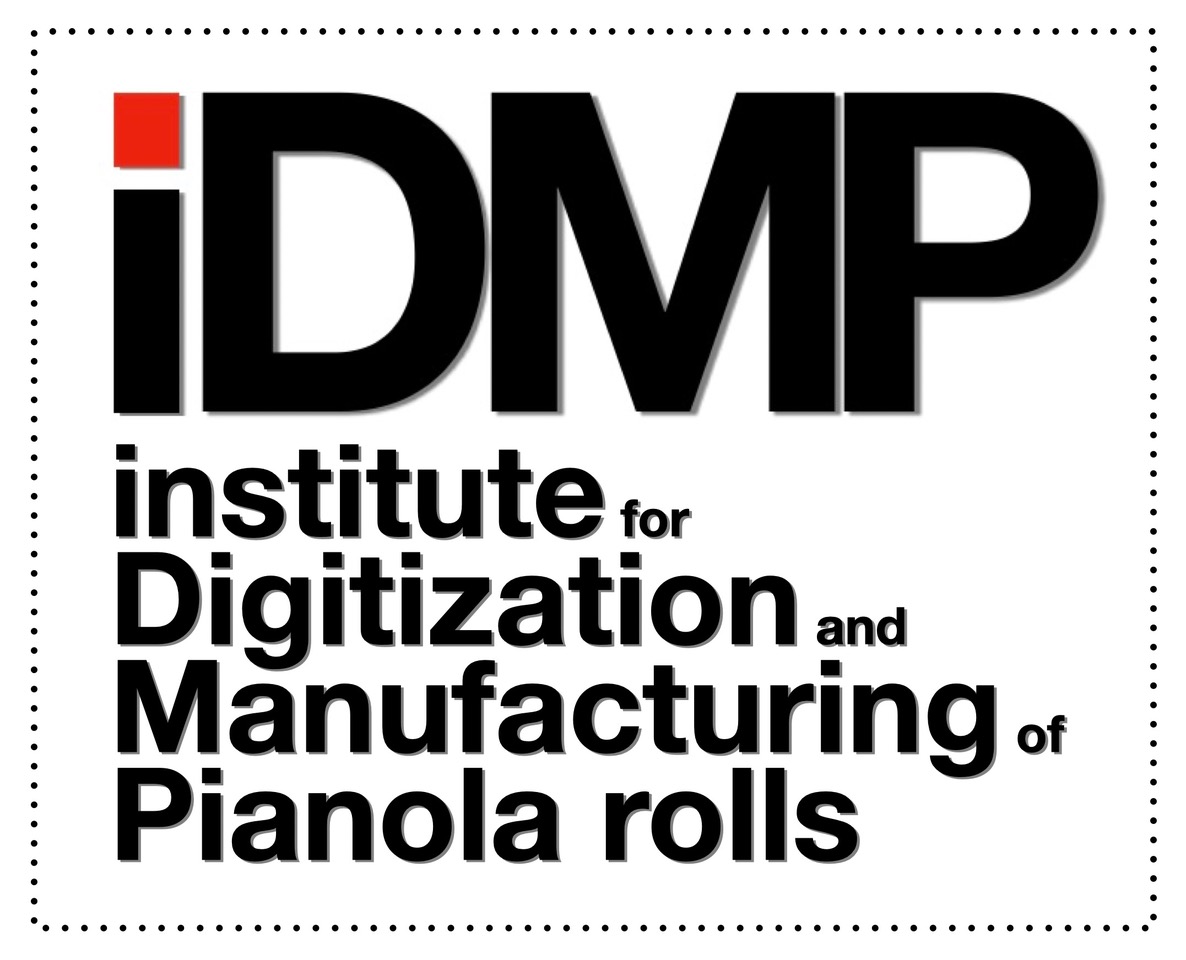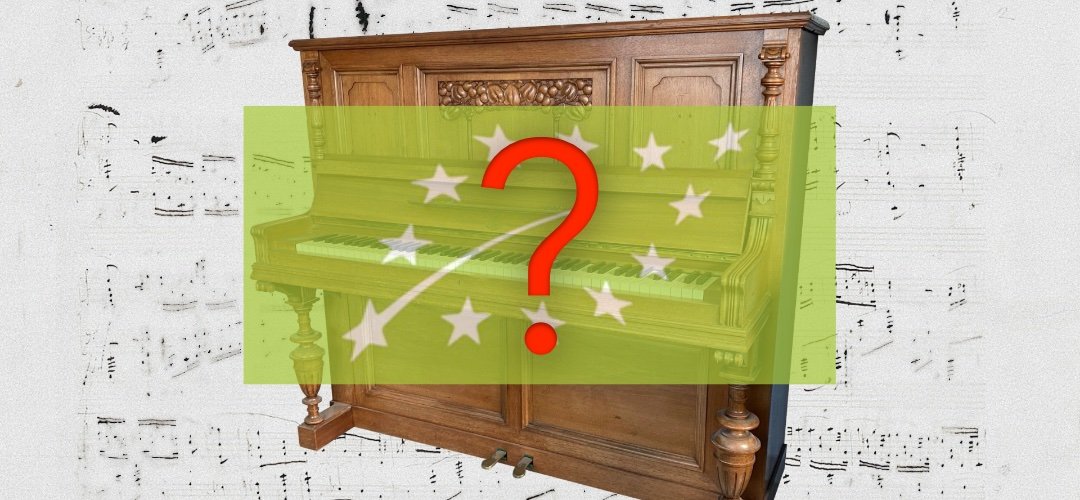Ja. Echt jetzt? Zumindest in der Werbung. Es gibt heute Klavier-Hersteller, die mit ‚Bio-Klavierbau‘ auf der Internetseite werben. Oder Klavierhersteller, die mit einem besonders hohen Anteil an Handarbeit werben. Also schauen wir uns das mal etwas genauer an.
We are not aware of any scientific work on this topic - if there are any undergraduates, doctoral students or self-taught pianists who would like to take on this topic - please let us know, we would be happy to support you!
What is organic is - like everything - a matter of definition. Originally, it meant that no artificial substances were used in production or incorporated into the product. In other words, only materials that exist in nature and tools and production methods using substances that occur in nature. Presumably not even the first pianoforte at the end of the 17th century was manufactured according to this organic definition.
What in a modern piano is found in nature exactly as it is used in the piano? Pretty much nothing. All materials, including wood, are specially cultivated, treated and processed before they are used in the piano. The higher the degree of industrialisation of production - and this probably applies to more than 95% of global production - the greater the depth of processing.
The EC Organic Basic Regulation No. 834/2007 of 28 June 2007 states: "(...) criteria for certain products and substances in processing: (...) the products and substances in (...) must be naturally occurring and may only have been subjected to mechanical, physical, biological, enzymatic or microbiological processes, (...)". This rather describes the widespread understanding of organic. Curious is the addition in the same paragraph: "(...) except where the products and substances concerned are not available on the market in sufficient quantity or quality from such sources.(...)", source: https://www.bmel.de. This of course leaves the door open for all kinds of exceptions.
For pianos, organic can then only mean as organic as reasonably possible. Sensible is again a matter of opinion and definition. This means that as little energy and raw materials as possible should be used for the product and production, the raw materials should be as naturally renewable as possible and processed in the most environmentally friendly way possible. In addition, the pianos should be used for as long as possible in an energy-saving and emission-free manner. They should not be disposable products, i.e. they should be as easy as possible to renovate again and again. Last but not least, the materials used should be as sustainably recyclable as possible if there is absolutely no other use for the piano.
In our opinion, almost all new industrially manufactured pianos fail these biological aspects.
As with almost all purchases, the simple rule applies from an ecological point of view:
- Doing without can be better
- Reusing used items can be better than buying new ones
- Sharing and passing on can be better than multiple individual ownership
- Sustainable use is better than waste
- Renovating naturally is usually better
- Ecological disposal is better than incineration
Nevertheless, life is also about enjoying life - and that includes music, including playing the piano. Doing something better is better than doing nothing better. And yes, this internet contribution, storing it on servers and displaying it on end devices also harms the environment. As long as the potential positive contribution is significantly higher and there is no better solution in sight, it seems sensible.
One example of natural renovation among many: We favour shellac polishes because this natural material, its low-energy and low-chemical processing, its low emissions and also its disposability is so much better than the widely used synthetic paints, especially polyester. Not to mention the authenticity for old instruments and the unique beauty of a hand-polished shellac surface.
We have also gone through many learning curves in our work over the last few decades and are still nowhere near as ecological as we would like to be. Step by step, we are moving in the right direction. No new instruments, only high-quality instruments, prudent transport and storage, renovations that are as natural as possible, proper Piano Disposal, and much more. The learning never stops.


